UConn Registrar Rules
UConn courses offered through UConn Early College Experience, and any other courses taken by students who are not matriculated as an undergraduate student at UConn, appear on the Non-Degree Programs Record as part of the non-degree career. There are different registration rules applied to the non-degree career than to the undergraduate career.
Students have the opportunity to transfer UConn credits earned through UConn ECE to their undergraduate degree program record when they matriculate to UConn. Students are able to select which courses will be transferred in during their first matriculated semester. These courses are added to the undergraduate degree program record at the beginning of the second semester and will count towards total earned undergraduate credits after the process is complete.
Note that these courses remain on the Non-Degree Programs Record, regardless as to whether the student elects to transfer them to the undergraduate degree program record.
Repeat Rules
As a UConn ECE Student:
Repeat rules are not applied to courses on the non-degree career. Should a student repeat a UConn course through UConn ECE, all course attempts will be included in the GPA calculation.
As an undergraduate student:
Because UConn ECE Students are able to select which courses are transferred to their undergraduate degree program record, if a student repeats a UConn course as a UConn ECE student, then they can elect to transfer the course with the higher grade onto their undergraduate degree program record.
If the student transfers in a course and repeats the same course as an undergraduate student, standard repeat rules apply. Thus, only the second completion will count towards the undergraduate GPA and credit total, though both attempts will remain on the transcript. UConn’s Repeat Forgiveness note is added under the first course instance.
Third Time Repeat
As an undergraduate, students are allowed a maximum of three attempts of a course, including any transferred UConn credits earned through UConn ECE and AP credits.
Duplicate course/AP credit
Both AP credit and UConn credit earned through UConn ECE cannot be used together to earn more credits for the same course. If a student has earned AP credit for a course and chooses to transfer in the same course from UConn ECE, then the credit is removed from one of the attempts and a duplicate course note is placed. The UConn grade will count towards the student’s undergraduate GPA regardless if the credits are listed on this course or the AP course.
Prerequisites
A prerequisite is a requirement(s) that must be met to be eligible to enroll in a course. Prerequisites cross careers, so a UConn course passed on the non-degree career through UConn ECE will enable the student to register in the next course in the sequence on the undergraduate career. Therefore, if a student takes and passes a class as a UConn ECE student then it would satisfy the requirement to take a higher-level course as either a UConn ECE or undergraduate student.
Example: If a student has taken BIOL 1107 as a UConn ECE student and has passed it, it will satisfy the prerequisite for BIOL 1108. The student could register for BIOL 1108 in their first undergraduate semester, even if the BIOL 1107 course hasn’t been transferred to the undergraduate career at time of registration. Please note this is not true for degree requirements. If BIOL 1107 is a degree requirement, it must be transferred to the undergraduate career to fulfill the requirements before registering for BIOL1108.
Anti-requisites & out-of-sequence courses:
An anti-requisite is a condition preventing enrollment in a course. The most common anti-requisites are courses that have significant overlap. Degree credit will not be granted for both the anti-requisite course and a course naming it as such. Students should assume that once they take a course in a sequence (chemistry, mathematics, language, and others), they cannot receive credit for taking a prior course in the sequence.
Students who have taken courses out of sequence or who have taken a higher-level course and then attempt to either transfer the course in or enroll in the first component on the undergraduate career may need permission .
It is important to note that out-of-sequence rules are not applied to the ECE career. However, should a student wish to take courses out of sequence or complete a series of courses on the ECE career, and then want to go back and take the intro level of a course, they will be unable to do so because of out-of- sequence rules.
Credit Restriction:
Credit restriction is not applied to UConn courses offered through UConn ECE as part of the non-degree career. If the content of two courses is too similar, students cannot receive full undergraduate credit for both courses. Should students transfer in UConn courses taken through UConn ECE on the
Examples:
- Full Credit Restriction: Students can receive no more than four credits from STAT 1000Q and 1100Q.
- Partial Credit Restriction: Students cannot receive credit for MATH 1131Q and either MATH 1120Q, 1121Q, 1126Q or 1151Q (2 credits for students who have passed MATH 1125Q).
Note: If a student rejects UConn credit earned through UConn ECE, the system will still block them from registering for a credit restricted course. Therefore, the student must reach out to the UConn Registrar’s Office for assistance in registering.
Dismissal
UConn ECE students are not dismissed via the University’s dismissal process for non-degree students, even if they do not meet the non-degree criteria (maintaining a minimum cumulative grade point average of 2.0 after having attempted 12 credits or having been enrolled for two semesters)

